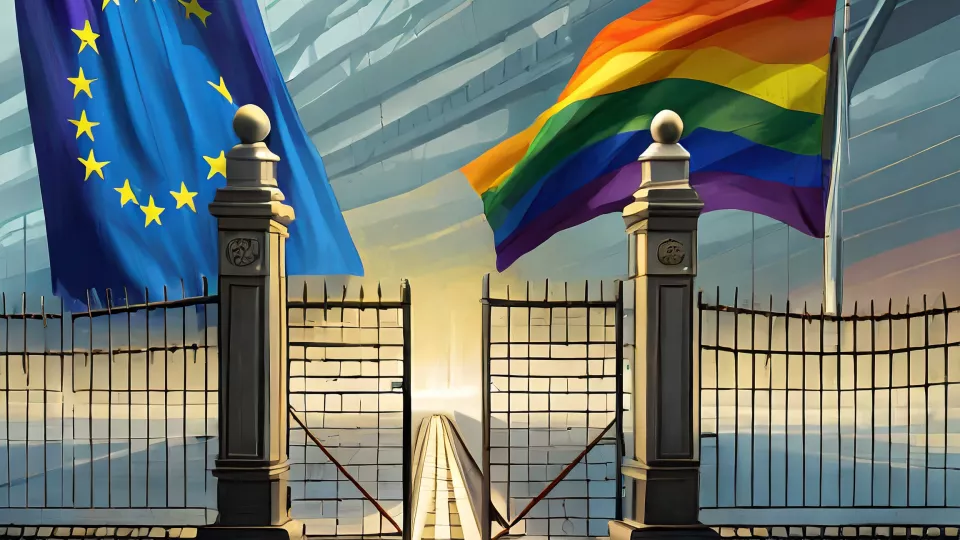Persons facing persecution, discrimination, or violence based on their sexual orientation or gender identity have grounds for asylum in the European Union. Asylum seekers arriving at the EU's borders are assigned a migration caseworker who tries to establish the validity of their claims. This is standard procedure, but proving your sexual preference or gender identity to bureaucrats is challenging.
Sophia Zisakou interviewed 16 Greek migration caseworkers about their understanding of what constitutes a credible account in asylum claims based on sexual orientation and gender identity. She found that authorities expect queer asylum seekers to have fixed sexual and gender identities that they can coherently explain and demonstrate. Additionally, they expect applicants to have experienced shame, suffering and self-denial in their deemed "oppressive, backward and homophobic" countries of origin contrasted with feelings of happiness, liberation and pride in the "Greek queer heaven".
These expectations are homonationalist, Zisakou writes. Homonationalism is a concept describing how neoliberal democracies portray unwanted migrant groups as threats against LGBTIQ individuals and their rights to further anti-immigration policies and secure borders.
She also notes that the expectations of queer asylum seekers are homonormative. Migration authorities assume that the norms and values of normative heterosexuality – monogamy, traditional gender roles, preferences for procreation and a nuclear family structure – are universally shared by all, regardless of sexual orientation or gender identity.
Greece and the rest of Europe tend to discredit LGBTIQ asylum seekers whose citizenship, race, class, gender, and sexuality diverge from Euro-centric and white-centred understandings. Thereby, queerness becomes a means to enforce borders, not just in Greece but in all of Europe.
"Only applicants that can prove their 'genuine' LGBTIQ identity should be saved and protected," Zisakou writes. "In order to be deemed credibly queer by the state, asylum seekers need to meet authorities' expectations for a credible account. Otherwise, their claim will be rejected and they will be deportable to third countries and their countries of origin."
However, the study shows that caseworkers' decisions often dishonour homonormativity and describe the expectations of queer migrants as part of a malfunctioning asylum system that prioritises the rejection of applicants.

